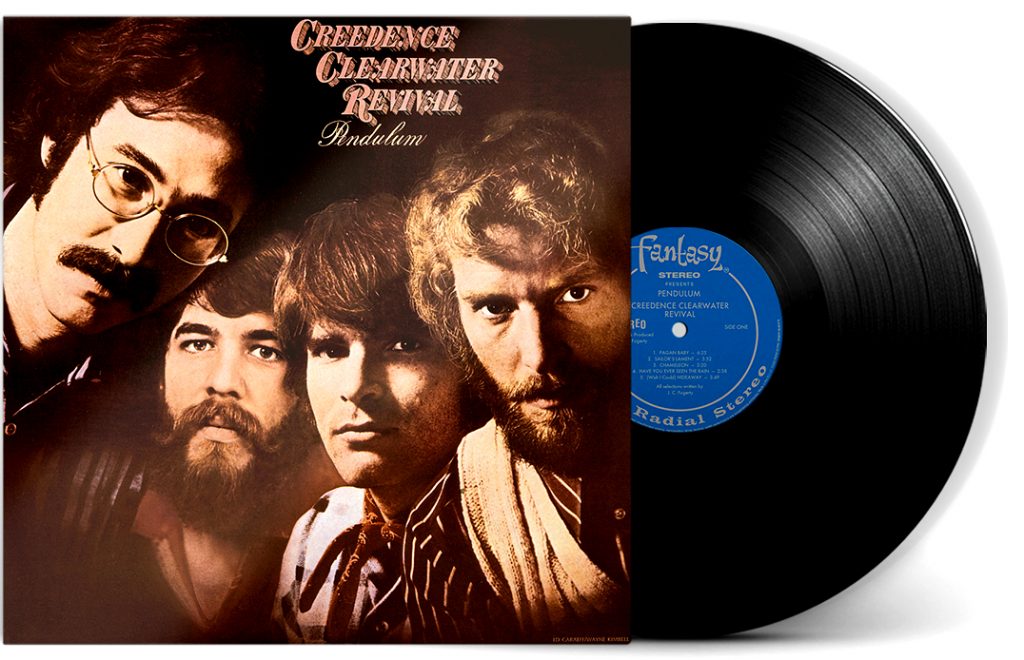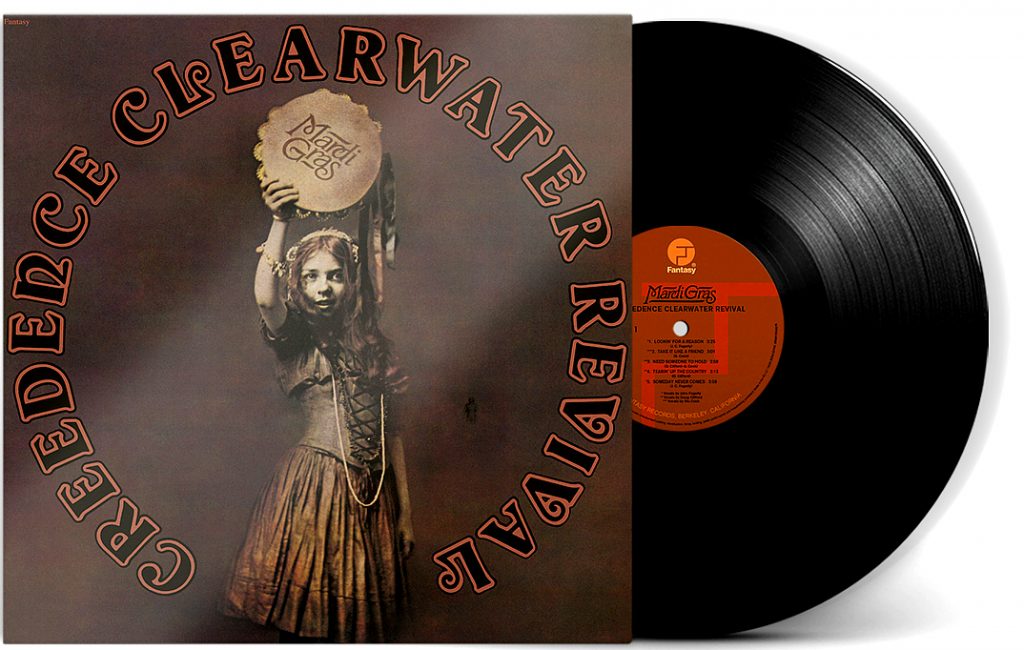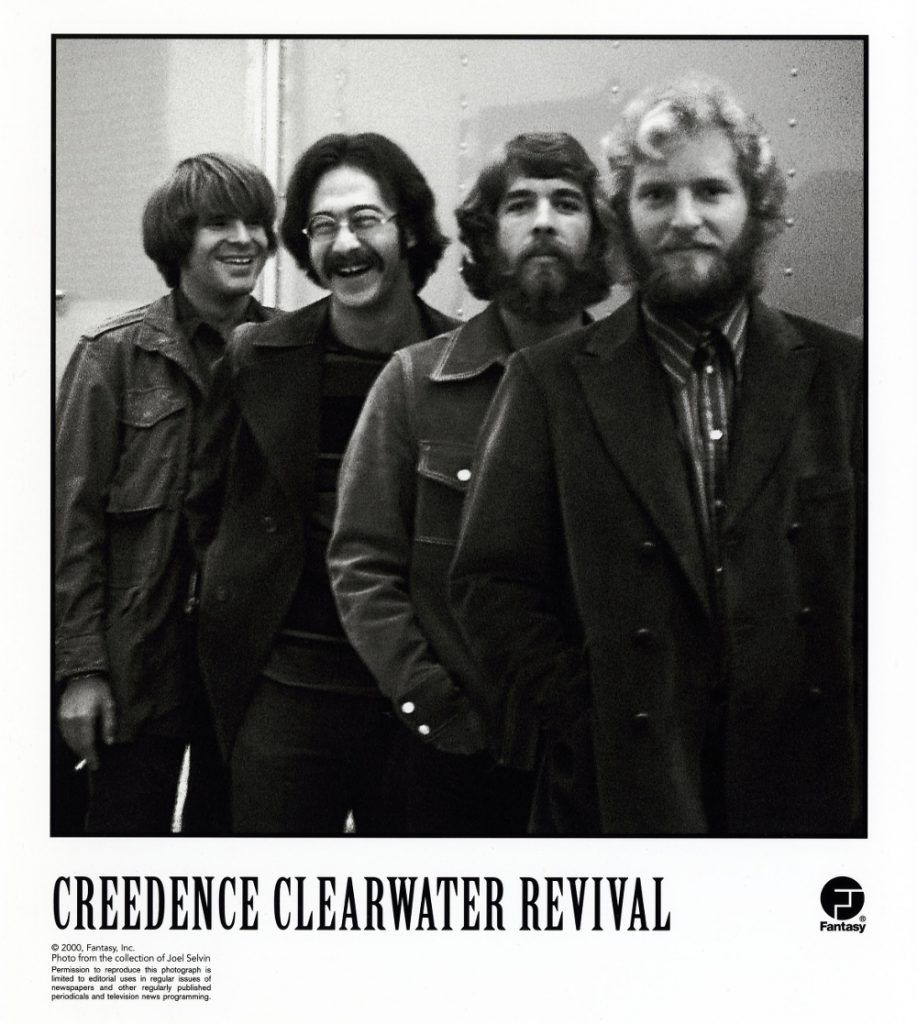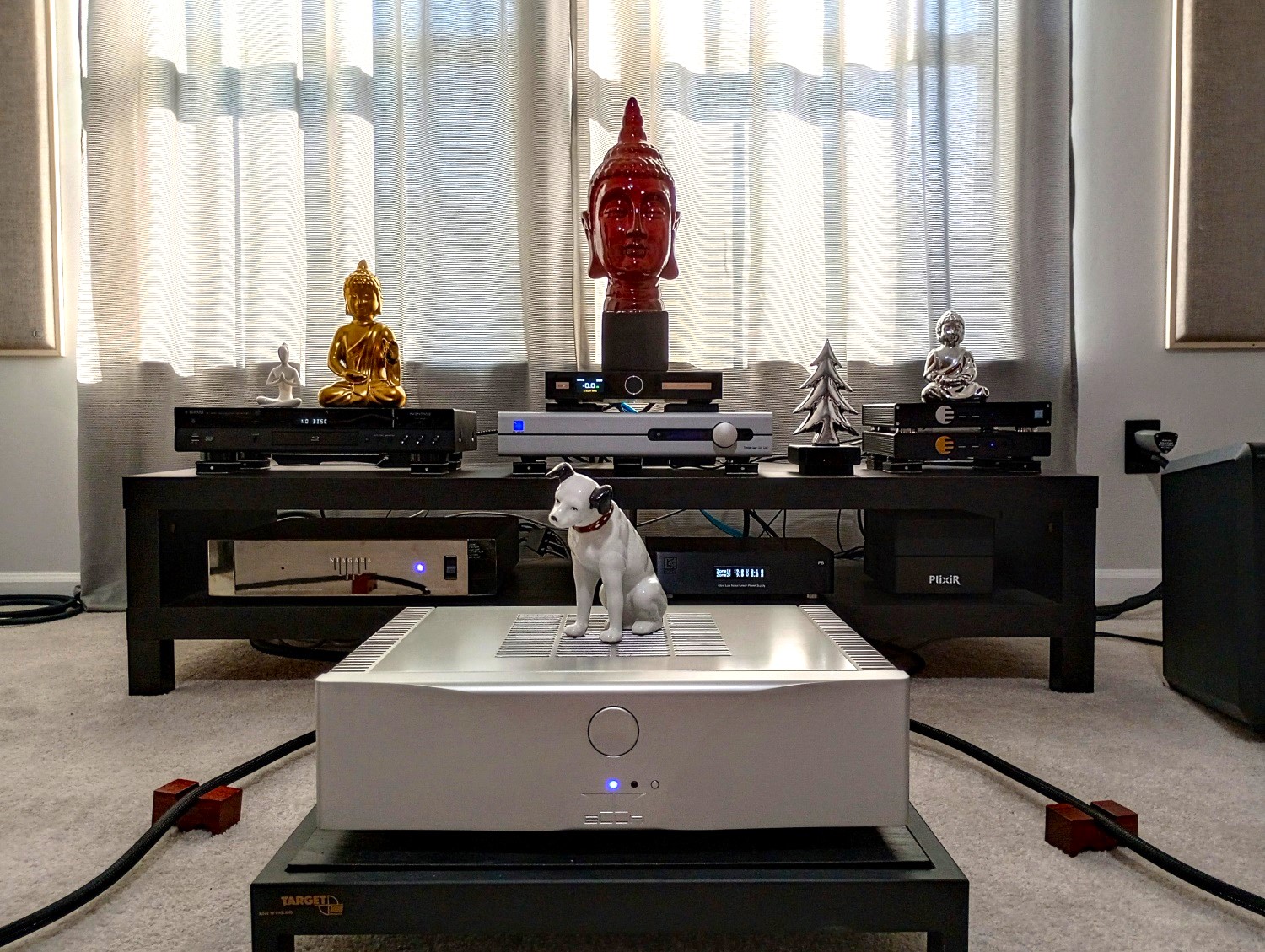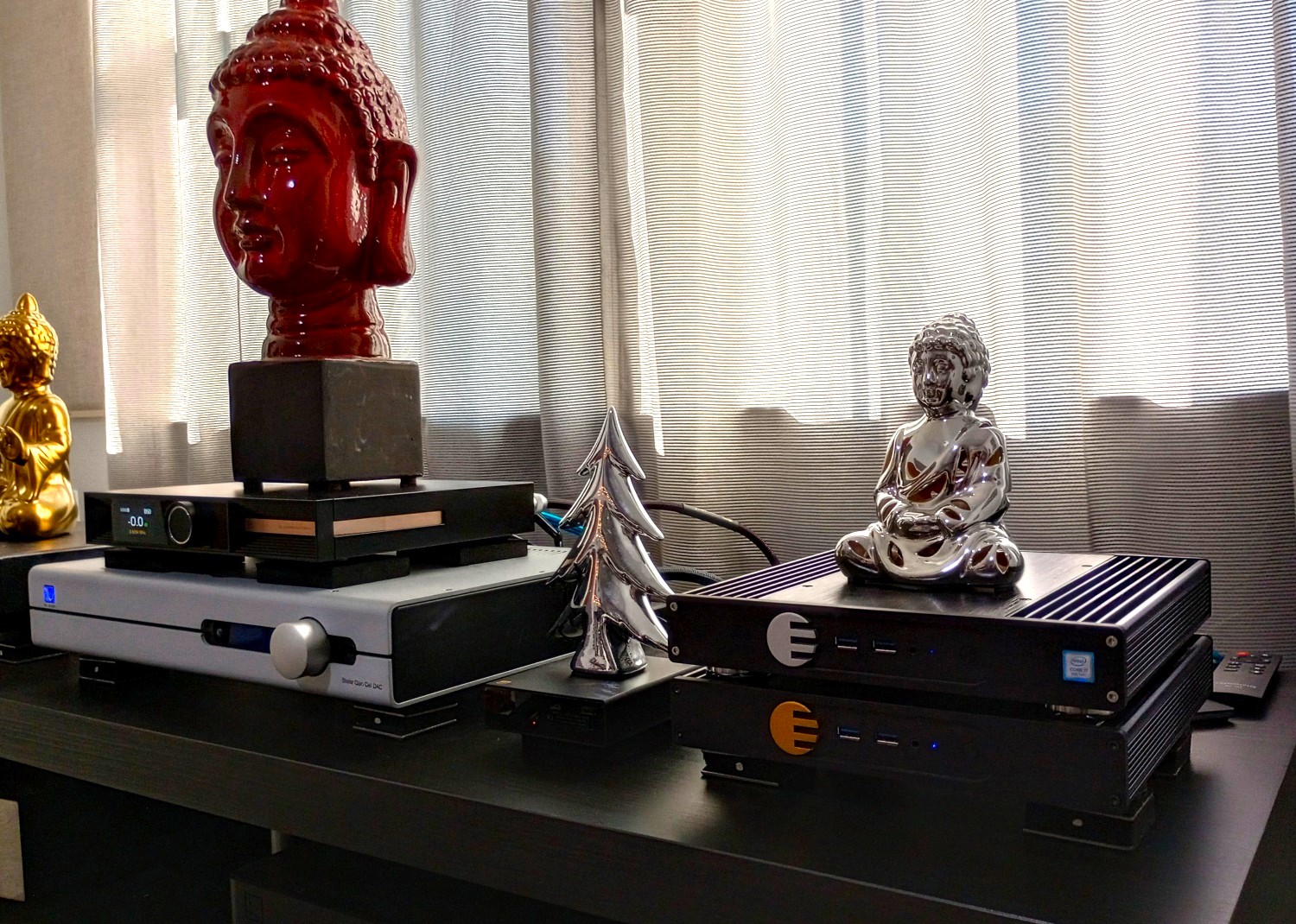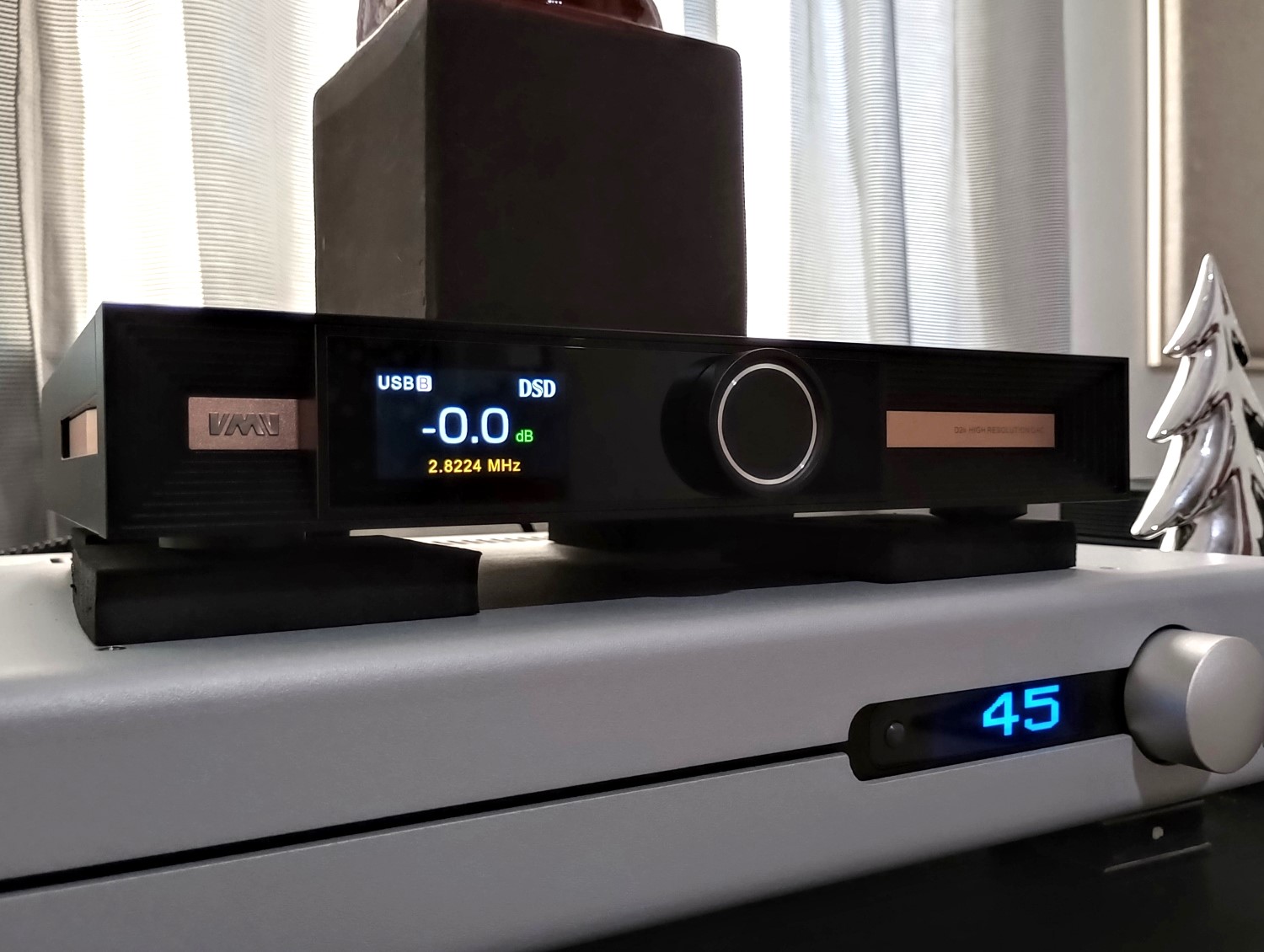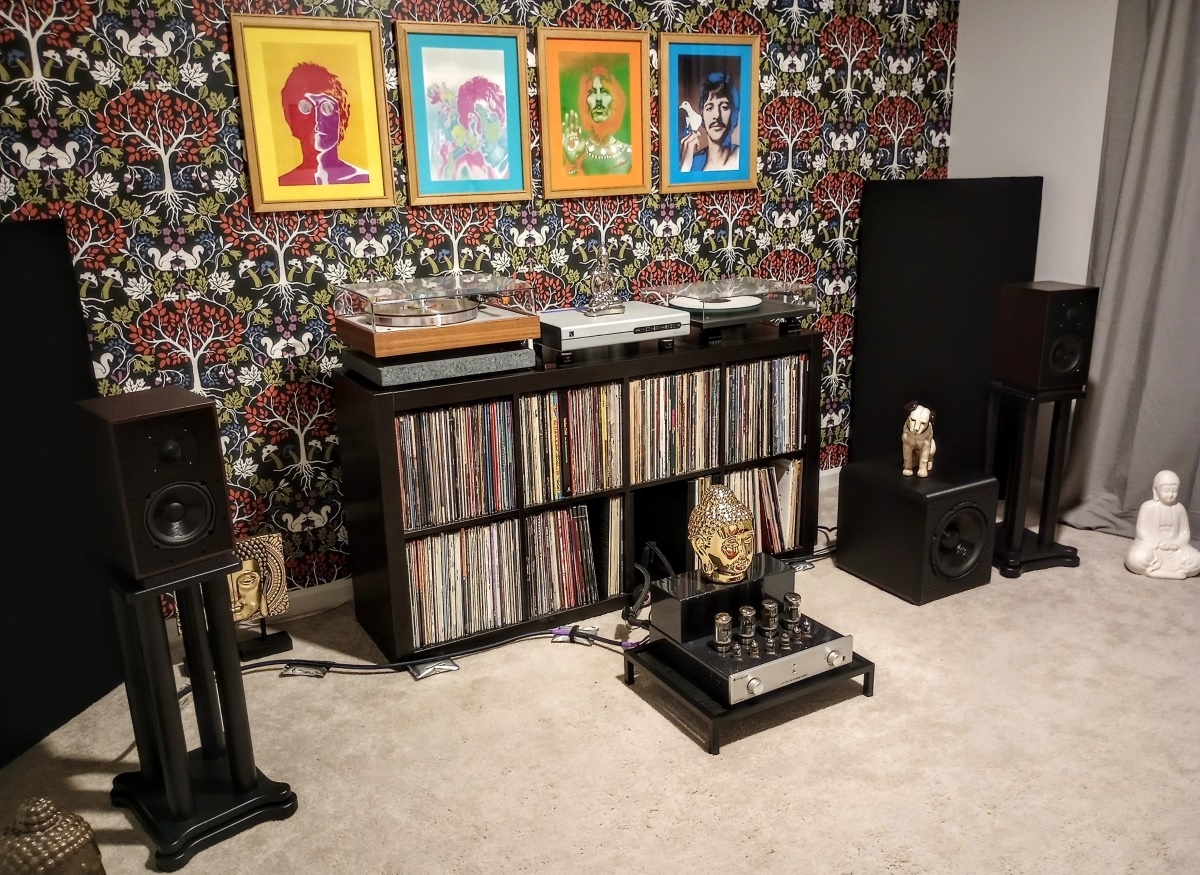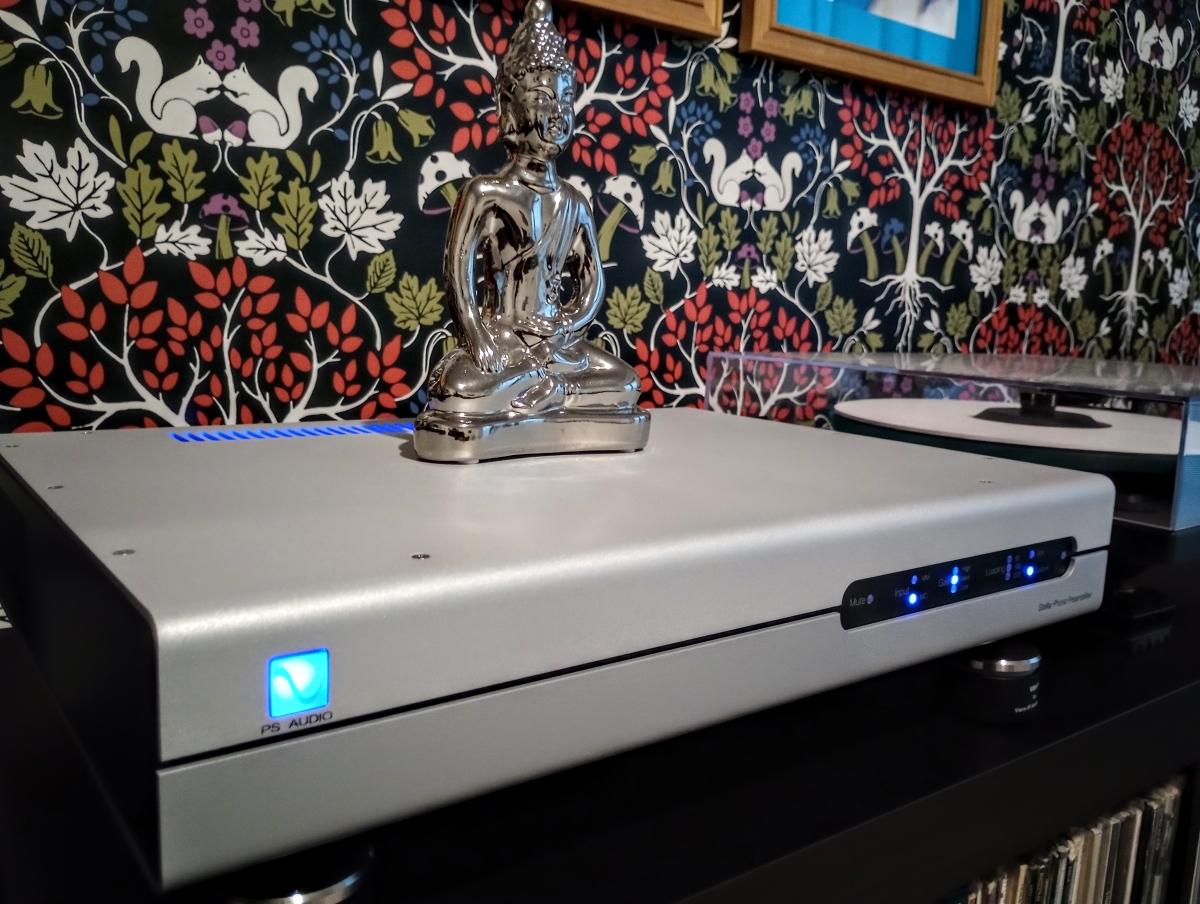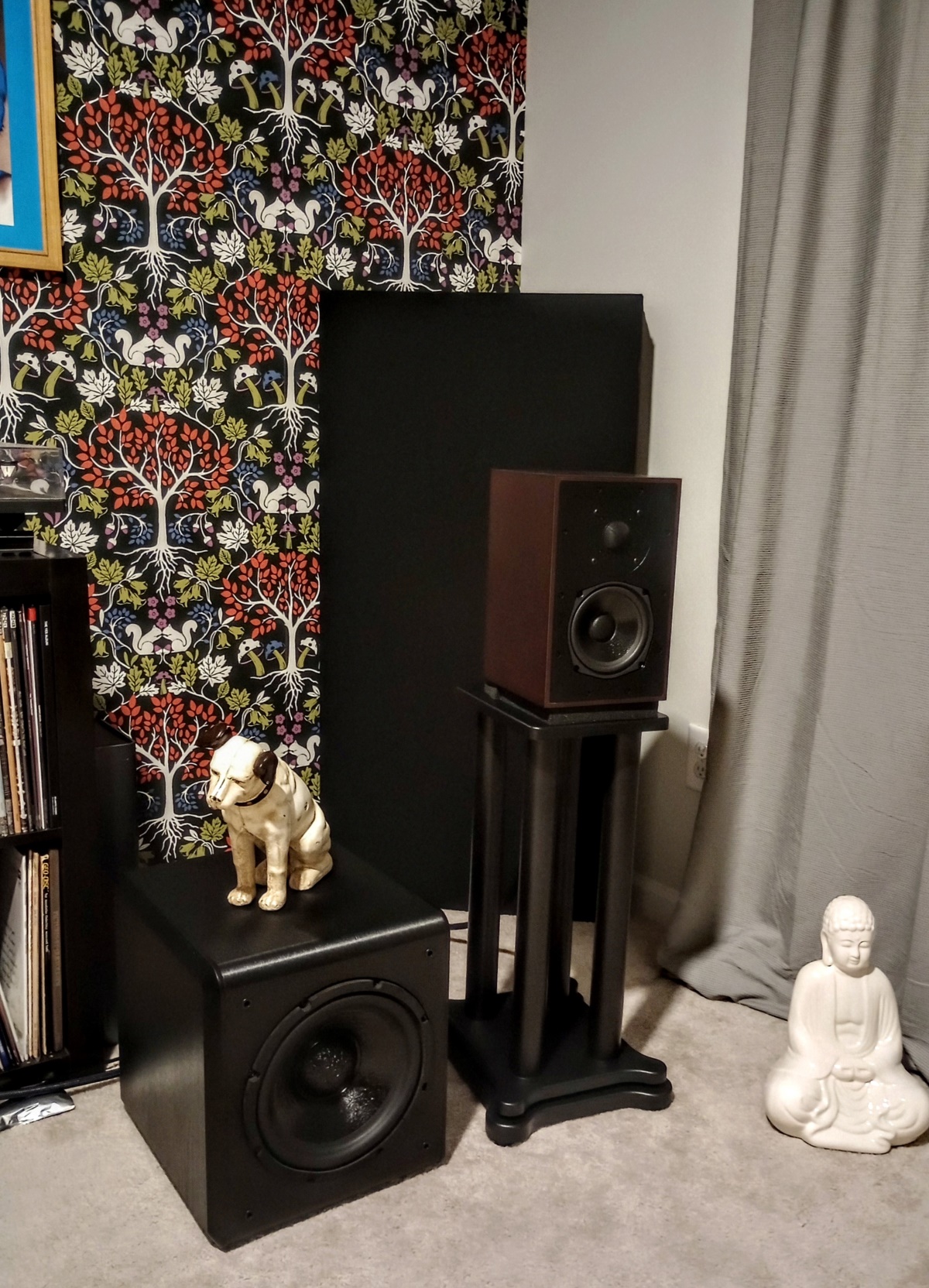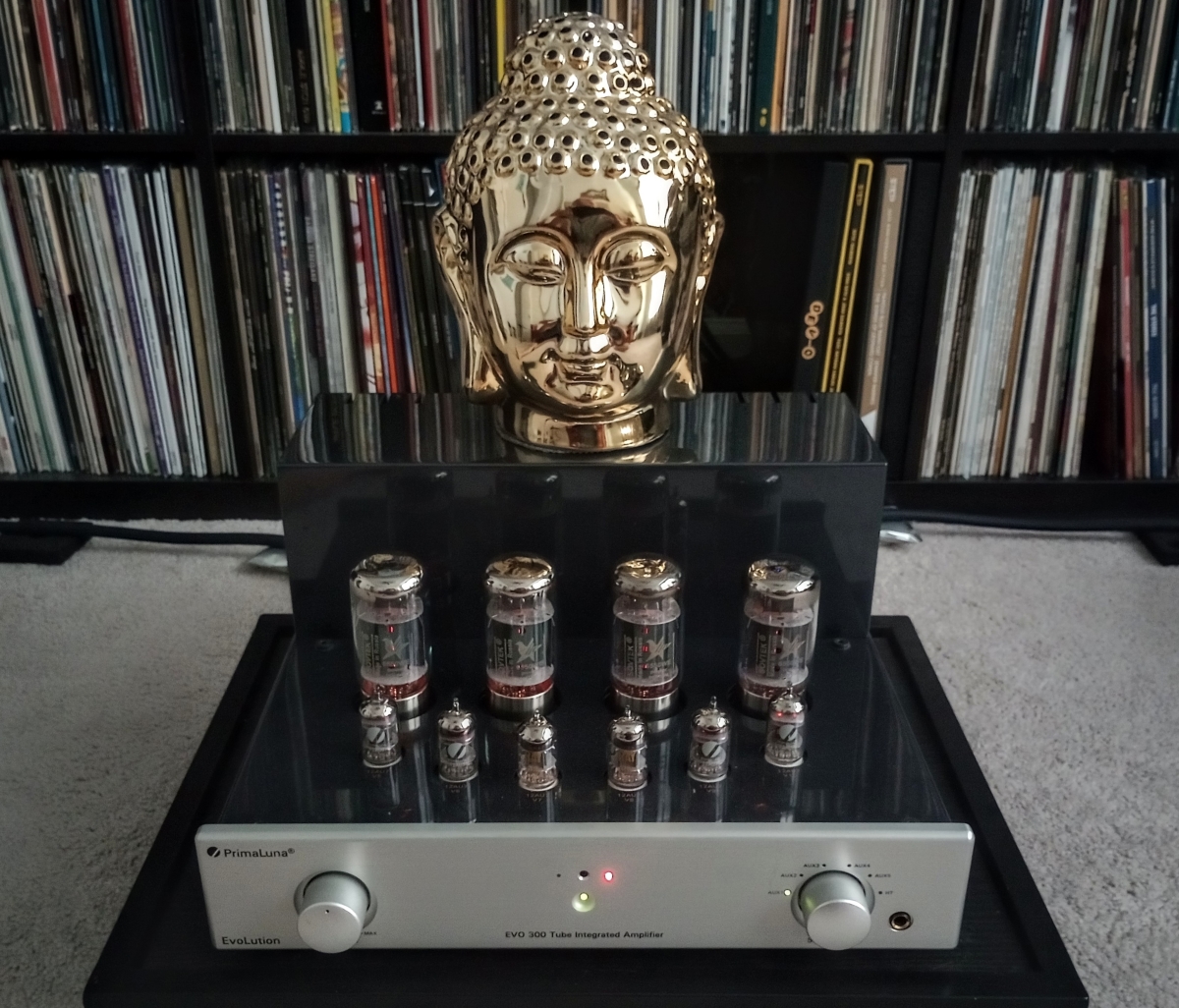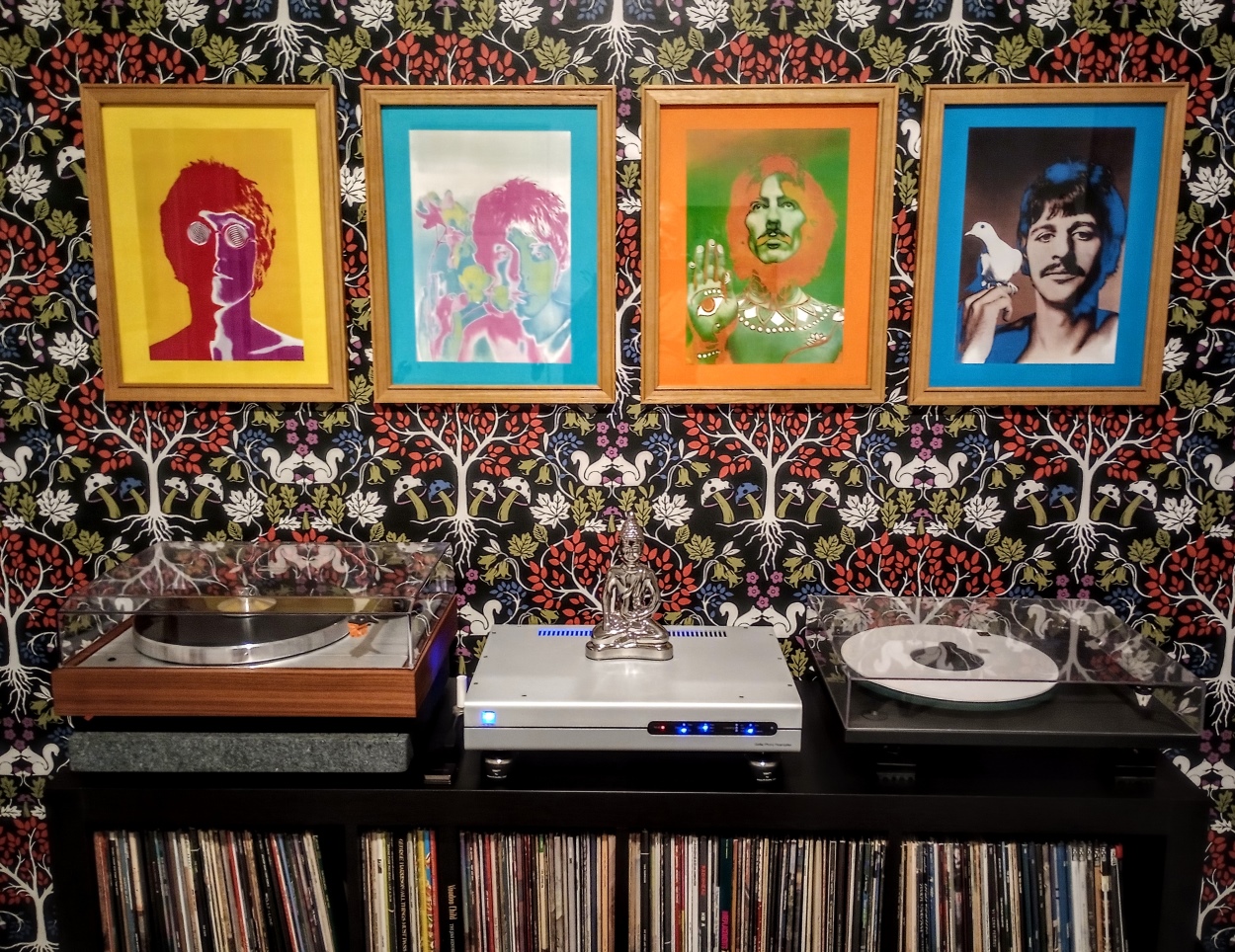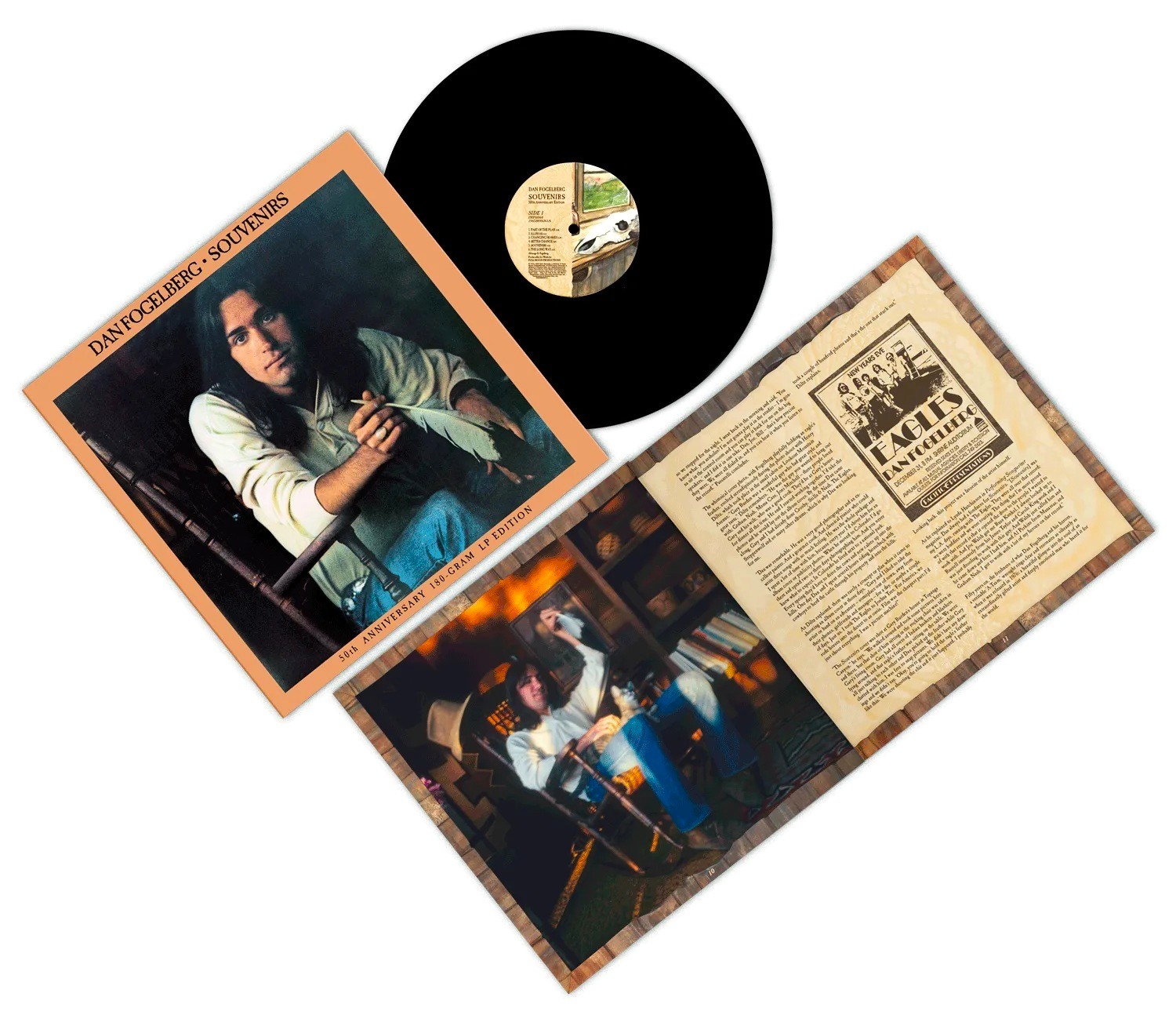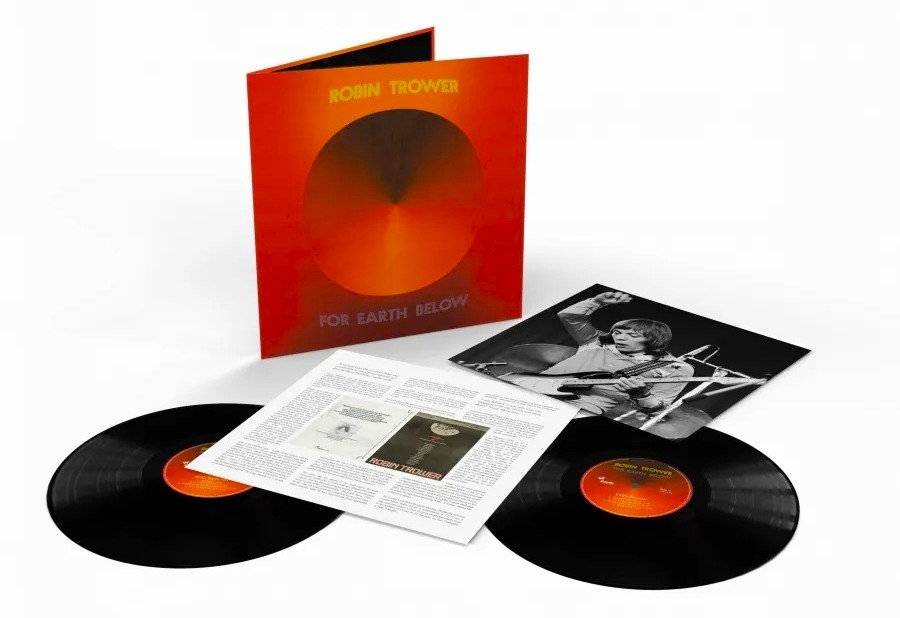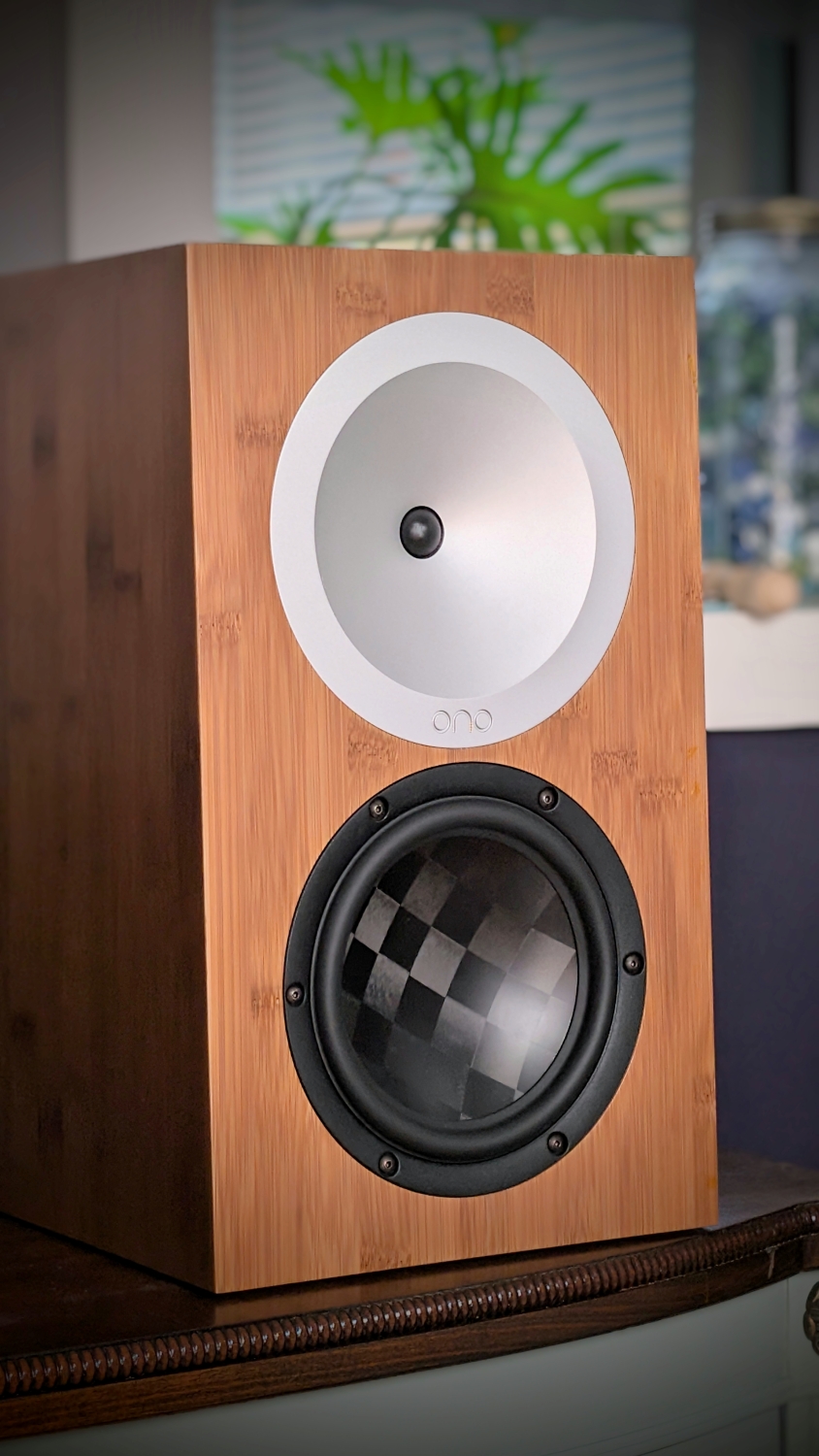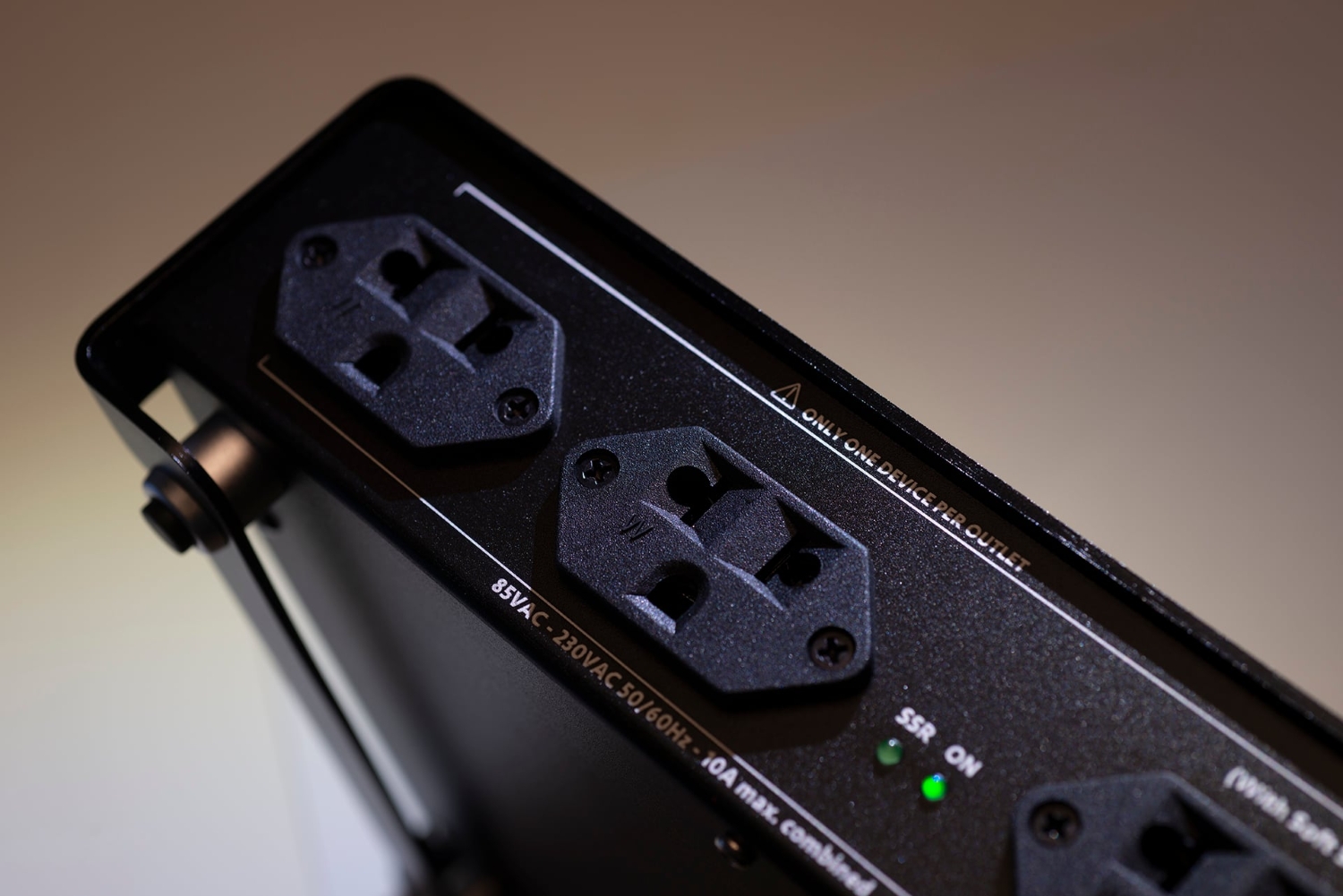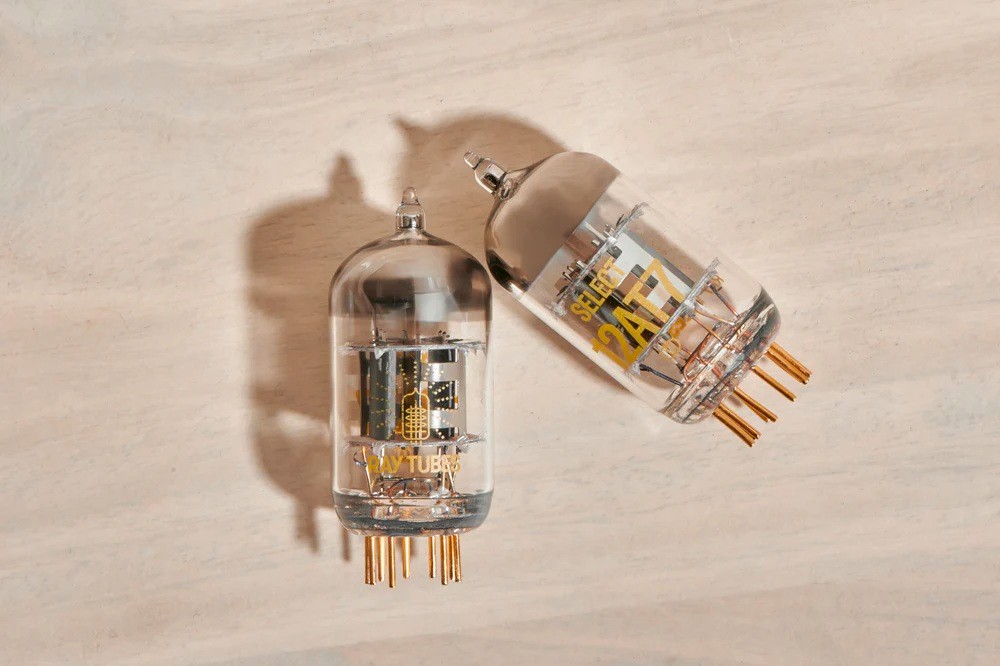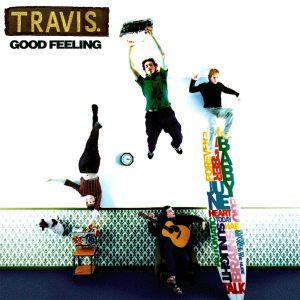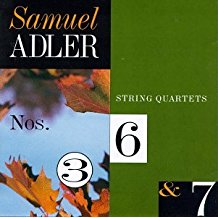Craft Recordings completes their 50th anniversary celebration of the founding of Creedence Clearwater Revival with new LP reissues of the band's final two albums, Pendulum and Mardi Gras. 1970's Pendulum—which was CCR's second album release that year (Cosmo's Factory streeted only months earlier in July)—was recorded in a month in November, and was released only a month later. Pendulum swiftly rose to No. 5 on the US Billboard album charts in January 1971. Mardi Gras became the band's swan song; it was released in April 1972, and eventually rose to No. 12 on the Billboard album charts later in the summer. While both LPs are state-of-the-art examples of Craft Recordings' dedication to highest quality reissues, the two albums are as artistically divergent as one could possibly imagine. Pendulum shows a band still performing at its peak creatively, while Mardi Gras sadly chronicles CCR's eventual implosion.
Pendulum
Pendulum was Creedence Clearwater Revival's sixth studio album, and the final outing to feature the group's original and classic incarnation. The album was recorded at Wally Heider Studios in San Francisco in only a month—which by current standards seems amazingly quick—but it was the longest period of studio time CCR had lavished on any album up to that point! Despite the group's incredible work ethic in the studio, cracks had already begun to form within the band; regardless of the phenomenal critical and commercial success the group experienced between 1968 and 1970, they had very little to show for it financially. Creedence sold more albums than any other American rock band throughout the period, but had been mired in a terrible contract with Fantasy Records that seemed inescapable. The band made countless millions for Fantasy owner Saul Zaentz, who continually promised to renegotiate their deal; it never happened. The only way the band members could reap any of the rewards of their incredible popularity was to tour virtually non-stop; the grind was wearing them down, especially rhythm guitarist Tom Fogerty. And he was tired of brother John Fogerty's iron grip on the band's musical and creative direction; following Pendulum's release, Tom Fogerty split for a solo career.
A lot of the album's success was propelled by the first single, "Have You Ever Seen The Rain?", which was backed with "Hey Tonight." "Have You Ever Seen The Rain?" reached No. 8 on the singles chart, and both sides of the 45 got extensive airplay. Pendulum was CCR's most musically diverse album up to that point; there was more extensive use of keyboards from both John Fogerty and bassist Stu Cook, and John Fogerty played a lot of saxophone throughout the record. Despite the obvious differences from their previous work, Pendulum still flows very much in the style of CCR's other classic albums, and is probably the most criminally neglected LP in their full-band catalog. The album eventually reached platinum sales in the US, and cracked the top ten of most album charts worldwide.
John Fogerty wrote all the songs on Pendulum; it's the only Creedence album that consists of entirely original material, and was the only CCR album that didn't feature a cover song. Which was a real first for the band, whose stock and trade had been embedding compelling covers—like a blistering take of Screaming Jay Hawkins' "I Put A Spell On You" (from their first album)—into the American psyche. The album's anthemic opener, "Pagan Baby," is a six-and-a-half minute John Fogerty straight-ahead blues screamer with some pretty intense guitar work—I've never understood how this tune didn't become a rock radio staple back in the day. "Sailor's Lament" is a mostly keyboard-based tune that features a choir of voices throughout the song; there's not really anything else in CCR's catalog that compares to it. "Chameleon" is a saxophone-driven song that features a chorus of saxes (all played by John Fogerty), along with a really impressive Fogerty sax solo near the song's conclusion. The country-rock of "Have You Ever Seen The Rain" is followed by another great, but nearly-unknown CCR tune, "Hideaway." With a compelling Fogerty vocal performance; the tune is a real mover that features a really effective Hammond B-3 organ vamp throughout.
Side Two opens with "Born To Move," which features another propulsive guitar line that's intertwined with—more saxophones! No momentum is lost with the second single, "Hey Tonight," which is a classic Creedence tune with a great John Fogerty guitar solo in the song's central bridge. "Molina" opens with Doug Clifford's pounding drums and a constant juxtaposition of guitar and sax; it has such an air of familiarity to it that you'd swear it's a cover of another fifties rocker. The album closes with "Rude Awakening #2," which is a rare CCR instrumental, and maybe the closest thing the band ever did that delved into pure psychedelia. It's kind of like CCR's version of "Revolution Number 9!"
Mardi Gras
Creedence Clearwater Revival's seventh and final studio album, Mardi Gras, followed a significant period of turmoil within the band. Tom Fogerty was gone, and the band decided to continue as a trio rather than replace him. The arguments over money continued; Stu Cook—who actually held a business degree—claimed that John Fogerty's negotiations of the band's contract was "the worst record deal of any major U.S. recording artist." Tensions were high, and further complicating things, John Fogerty—who had always maintained complete artistic control over the band's albums—suddenly announced that each member had to contribute equally to songwriting and vocals for the new record. Despite lobbying for this for years (along with the now-departed Tom Fogerty), Cook and Clifford bristled under the sudden pressure, and Fogerty insisted that they had to do it or he'd quit the band.
The recording sessions were split between Wally Heider Studios and Fantasy Records Studio A in Berkeley, and were scattered over an eight month period from mid-1971 into the following January; the album was released three months later. The three band members contributed three originals, with each providing vocals for their own songs; John Fogerty continued his erratic behavior in the studio, and refused to play lead guitar on any of the tunes composed by Cook and Clifford. This made for a very mixed bag artistically; the album's two singles were both penned by Fogerty; "Sweet Hitch-Hiker"—which hearkened to the glories of CCR past—and "Someday Never Comes," which was a classic bittersweet country rocker. The album also featured a cover tune, Gene Pitney's (covered by Ricky Nelson) "Hello Mary Lou," sung by Fogerty, which also got significant airplay. The Cook and Clifford tunes, in retrospect, aren't terribly bad, but barely resemble anything else in CCR's catalog of songs. Ultimately rendering the rest of the album, unfortunately, as relatively forgettable; only Fogerty's contributions help keep the album essential to Creedence's catalog.
Upon its release, Mardi Gras was immediately met with harsh criticism; Jon Landau in his Rolling Stone review called it "the worst album I have ever heard from a major rock band." Most reviews of the album were a mixed bag; even John Fogerty afterwards in a 1976 Rolling Stone interview called the album "horse manure." Mardi Gras was the only album in the CCR catalog that was never remastered or reissued until 2008 for the band's fortieth anniversary. Despite all the negativity, the album was still a commercial success at the point of its release, going gold and reaching No. 12 on the US album charts, and selling respectably worldwide.
Mardi Gras was embraced by the record buying public, and despite deteriorating relationships between the remaining band members, a two-month, 20-stop tour was mounted in support of the album. A few months later, Fantasy Records released a statement informing the media and fans that Creedence Clearwater Revival was over; the greatest rock and roll band that America had yet produced was really dead. Saul Zaentz never made good on any of his contract promises, and Fantasy records continued to reshuffle CCR songs into a series of greatest hits packages that continued to sell very well for decades. And continued to provide generous profits to the label; John Fogerty was so bitter about the situation that he wouldn't perform any Creedence songs live for years, and there were numerous lawsuits between Fogerty and Zaentz. When Fantasy Records was eventually sold to the Concord Group in 2003, Concord re-examined the situation, and restored Fogerty's ownership of his songs and his royalties.
Craft Recordings Reissue LPs
The source tapes for both LPs come from the 2018 CCR catalog remastering that Fantasy Records undertook in remembrance of the band's 50th anniversary. The master tapes were all transferred to high resolution digital, and the 180 gram LPs were half-speed mastered at Abbey Road Studios by engineer Miles Showell. The individual LPs are about as beautiful as could be expected; each features replica tip-on style jackets on heavy card stock. The Pendulum jacket was designed and photographed by the legendary Ed Caraeff, whose photographs documented rock groups throughout the seventies and graced many notable album covers. The cover shot of the band for this record is one of the most iconic photos of Creedence Clearwater Revival that exists; Pendulum's high gloss cover is brilliantly executed. The Mardi Gras jacket matches that of the original down to fine details, like the original's front cover blind embossing. This is the kind of attention to detail that make these reissues so valuable among record lovers and collectors.
These LPs were mastered from the high-resolution (24-bit/192kHz) 2018 digital files, and the sound quality is superb; you'd be hard pressed to tell that these aren't AAA, all-analog releases. I wasn't able to determine who pressed the LPs, but they were visually and functionally perfect, with glossy surfaces and nary a pop or tick throughout the proceedings. Vinyl Me Please is offering a limited-edition gold colored vinyl version of Pendulum, and based on my recent experiences with their LPs and packaging, I wouldn't be surprised if they also handled the release of the standard 180 gram reissues as well. Rice-paper inner sleeves were included with both reissues, which is an elegant touch in a perfectionist package—this is definitely how it should be!
My listening was done through my usual analog front end, which features a ProJect Classic turntable fitted with a Hana SL moving coil cartridge, with the signal fed into a Musical Surroundings Phonomena II+ phono preamp that's powered by a Michael Yee linear power supply. I switched things up for this review, using a new pair of PS Audio M700 mono amps, along with my PS Audio preamp, playing into my Magneplanar LRS loudspeakers. It's a great analog setup, and it offered playback of both Pendulum and Mardi Gras with consistently outstanding sound quality. This is easily the best sound I've ever heard these LPs in; despite the lack of artistic consistency between the two records, they've never sounded better!
Both LPs are available from Craft Recordings website, and can also be found at your local independent record store. If you're a fan of the band, these LPs are essential listening. Highly recommended.
Creedence Clearwater Revival: Pendulum (50th Anniversary LP). 180 gram LP: $29.99 MSRP.
Creedence Clearwater Revival: Mardi Gras (50th Anniversary LP). 180 gram LP: $29.99 MSRP.
Available from Craft Recordings.




